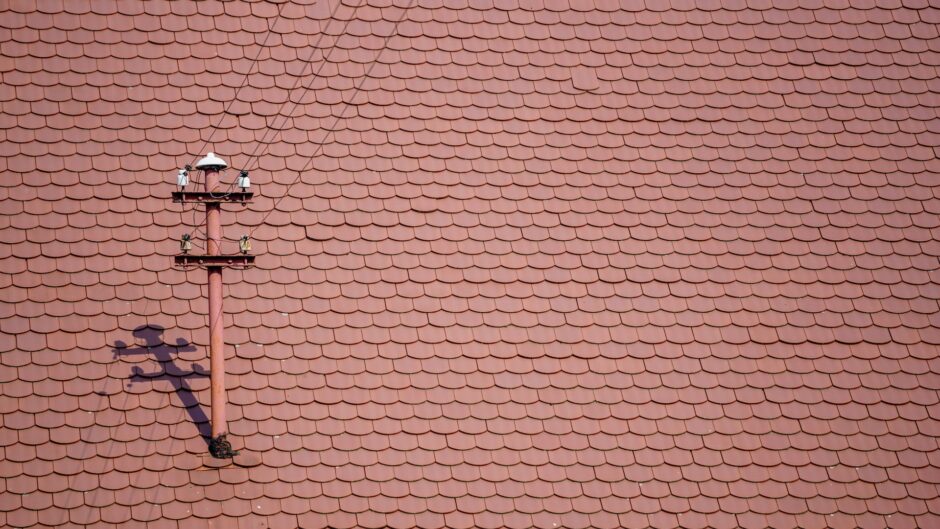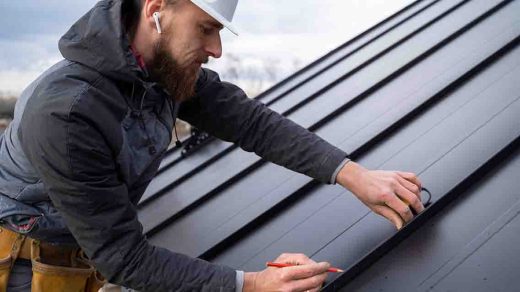When it comes to roofing, one of the key elements that homeowners should understand is the warranty. A solid roofing warranty can offer peace of mind and significant financial protection. Here’s an informative guide to help you navigate the complex terrain of roofing warranties, ensuring you’re well-informed about your coverage and options.
Types of Roofing Warranties
- Manufacturer’s Warranty: This warranty covers defects in the roofing materials themselves. It typically ranges from 20 to 50 years, depending on the roofing material used. Manufacturer warranties are offered by the roofing material supplier and protect against material failures.
- Workmanship Warranty: Also known as a contractor’s warranty, this covers the installation of the roofing system. It ensures that the roofing contractor has installed the materials correctly. Workmanship warranties typically last 2 to 10 years and protect against installation errors.
- Extended Manufacturer’s Warranty: Some manufacturers offer extended warranties that go beyond the standard coverage. These may come with additional terms and conditions, so it’s crucial to review the specifics of the extended warranty.
- System Warranty: A system warranty combines both the manufacturer’s warranty and the workmanship warranty. It provides comprehensive coverage for both materials and installation. System warranties are often available when both the roofing material and installation are done by certified professionals.
What Roofing Warranties Cover
- Manufacturer’s Warranty: Covers defects in the roofing materials, such as shingle delamination, granule loss, or premature deterioration. It may also specify the conditions under which the warranty becomes void, such as improper installation.
- Workmanship Warranty: Covers errors or defects in the roofing installation, including issues like leaks, flashing problems, and incorrect ventilation. It ensures that the roofing contractor stands behind their work.
- Extended Manufacturer’s Warranty: Extends the coverage of the manufacturer’s warranty, offering protection against a broader range of issues, including some workmanship-related problems.
- System Warranty: Provides comprehensive coverage for both material defects and installation issues. This type of warranty offers the most extensive protection for your roof.
What’s Typically Not Covered
While roofing warranties offer valuable protection, they may not cover every scenario. Common exclusions include:
- Acts of Nature: Damage caused by natural disasters like hurricanes, tornadoes, or earthquakes is typically not covered by standard warranties. However, you may be able to purchase additional insurance for such events.
- Neglect or Lack of Maintenance: Failing to properly maintain your roof, including regular inspections and necessary repairs, can void your warranty.
- Unauthorized Repairs or Modifications: If you make unauthorized repairs or modifications to your roof, it may void the warranty.
- Improper Installation: Warranties may not cover issues resulting from improper installation if the roofing contractor is not certified or if installation guidelines are not followed.
How to Maintain Your Roofing Warranty
To ensure your roofing warranty remains valid:
- Choose Certified Installers: Work with roofing contractors certified by the manufacturer to install their materials. This ensures that installation is done correctly.
- Regular Inspections: Schedule annual roof inspections by a qualified roofing professional to identify and address issues promptly.
- Proper Maintenance: Keep your roof clean and clear of debris, trim overhanging branches, and ensure proper attic ventilation and insulation.
- Document Everything: Keep records of all inspections, repairs, and maintenance. In case you need to file a warranty claim, having a documented history of care and maintenance can be invaluable.
- Read and Understand the Warranty: Familiarize yourself with the terms and conditions of your roofing warranty to know exactly what is covered and what is not.
A roofing warranty is a crucial component of your roofing project, providing protection and peace of mind. Understanding the types of warranties available, what they cover, and how to maintain their validity will help you make the most of your roofing investment. By choosing the right materials, certified installers, and following proper maintenance practices, you can ensure that your roof remains in good condition and that your warranty remains in effect.



